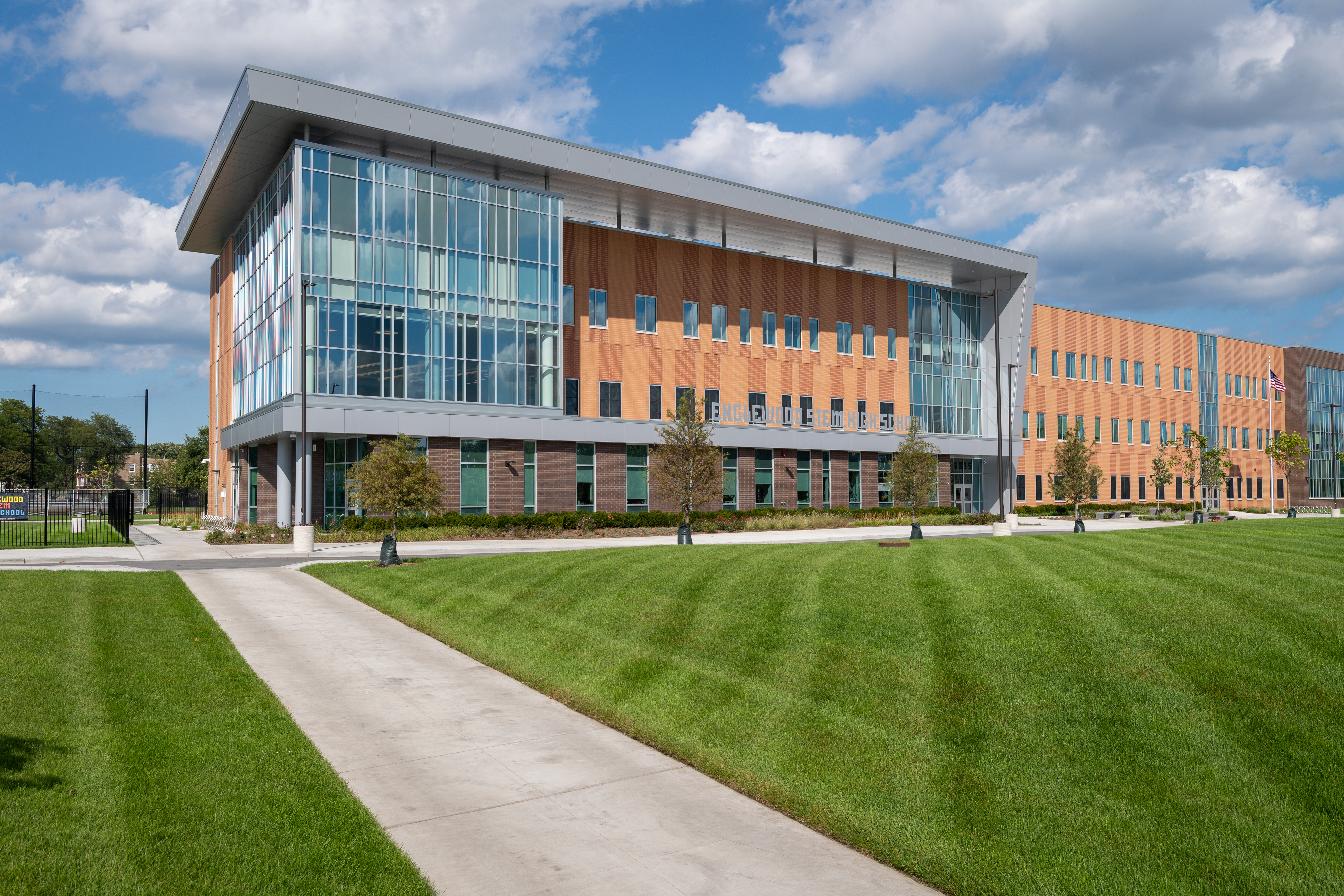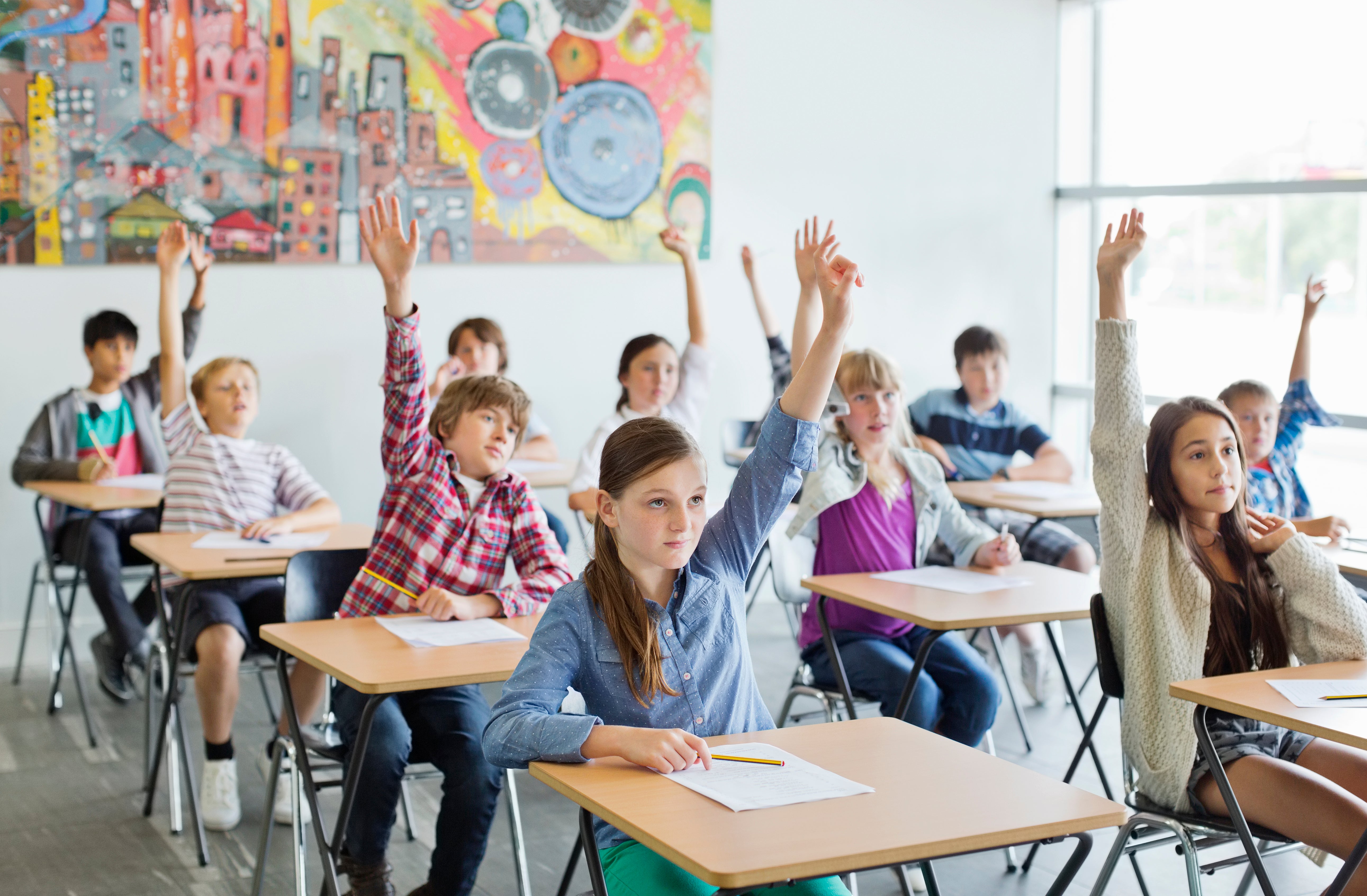Why It's Vital to Rally With Each Other to Save Temecula Schools
Wiki Article
Recognizing the Significance of Colleges in Child Development and Neighborhood Development
Schools serve as pivotal organizations for kid advancement and neighborhood growth, giving settings where scholastic success are matched by the growing of social abilities and exposure to varied perspectives. These academic setups not just advertise crucial thinking and efficient communication but additionally foster empathy via collaborative tasks. Moreover, institutions' involvement with neighborhood neighborhoods via service-learning efforts strengthens the bond between families and universities. This cooperative relationship emphasizes the value of schools in nurturing energetic citizenship and lifelong understanding behaviors. What are the specific mechanisms by which these institutions achieve such profound impacts?Academic Success
Academic accomplishment works as a foundation of kid development, offering the structure upon which future knowing and success are built. Colleges play a crucial duty in cultivating this scholastic growth, offering organized settings where youngsters can obtain important expertise and cognitive abilities. Standardized educational program make certain that students gain efficiency in core topics such as mathematics, science, and language arts, which are crucial for both higher education and learning and expert possibilities.Along with presenting basic academic abilities, colleges likewise grow essential thinking, analytical abilities, and intellectual inquisitiveness. These cognitive competencies are essential for navigating intricate real-world circumstances and adjusting to the ever-evolving needs of the modern workplace. Educators, as facilitators of knowing, employ diverse pedagogical approaches to deal with diverse discovering designs, thereby maximizing specific trainee potential.
Moreover, scholastic success is closely linked to self-worth and inspiration. Children that experience academic accomplishments are more most likely to develop a positive self-concept and a long-lasting passion for understanding. Colleges also supply different sources, such as libraries and technology, which additionally boost the academic experience and prepare students for a technologically advanced culture.
Social Ability Growth
Beyond academic achievement, the function of schools in social skill growth is crucial. Schools work as a primary location for youngsters to discover and exercise important social skills such as communication, conflict, and collaboration resolution. In the organized setting of a class, trainees connect with peers, educators, and other college staff, providing various possibilities to create these essential capacities.Efficient social ability development in schools is facilitated with group tasks, joint tasks, and extracurricular programs. These interactions help students recognize social standards, develop empathy, and promote a sense of community. Group assignments show pupils just how to work with each other towards a typical objective, listen to various viewpoints, and navigate disagreements constructively.

The farming of social skills throughout academic year lays a structure for future individual and expert relationships. Save Temecula Schools. As trainees grow, the ability to successfully communicate and work together comes to be progressively essential, underscoring the institution's important role in alternative kid growth
Exposure to Diversity
Exposure to diversity in institutions is fundamental to cultivating a comprehensive state of mind and widening pupils' point of views. Schools work as a microcosm of the more comprehensive culture, and experiencing varied societies, languages, and socioeconomic histories within this setting outfits trainees with necessary abilities for browsing a progressively globalized globe. This direct exposure motivates compassion, lowers prejudices, and promotes mutual respect among peers.Research study shows that pupils who communicate with peers from varied histories show far better analytical skills and creativity. This understanding of variety prepares students for future offices that value modern capability - Save Temecula Schools.

Area Engagement
The benefits of diverse classrooms extend past the college wall surfaces, cultivating a strong feeling of neighborhood involvement among students. By connecting with peers from various social, socioeconomic, and ethnic histories, students gain a wider perspective and a recognition for variety. This direct exposure motivates them to end up being energetic people that want to contribute favorably to their communities.Schools that emphasize community engagement frequently include service-learning jobs, which allow students to attend to real-world issues while applying academic abilities. These tasks not only boost pupils' understanding of their coursework however also instill a sense of responsibility and compassion. Collaborations between schools and local companies supply students with opportunities to participate in community occasions, additionally strengthening their function as aggressive neighborhood participants - Save Temecula Schools.
Furthermore, parental and area participation in institutions strengthens the bond in between universities and the communities they offer. When institutions open their doors to community occasions, workshops, and volunteer possibilities, they produce a collective environment that benefits all stakeholders. This shared support system ensures that trainees receive holistic advancement, preparing them to become all-round individuals who add and value to their neighborhoods. Via these efforts, colleges play a critical role in nurturing neighborhood involvement and fostering that site societal growth.
Lifelong Discovering Behaviors
Developing long-lasting understanding habits is necessary for a child's continual growth and versatility in an ever-changing globe. Institutions play a crucial duty in instilling these practices by producing a setting that cultivates curiosity, vital reasoning, and a love for expertise. Via varied educational programs and extracurricular tasks, educators encourage students to discover numerous subjects, analyze info critically, and apply their learning to real-world situations.
Additionally, colleges supply an organized atmosphere where youngsters can create self-discipline and time administration skills, both of which are essential for continuous knowing. By stressing the importance of establishing goals, reflecting on progress, and adapting techniques, academic institutions prepare trainees to navigate the complexities of adult life, ensuring they stay lifelong students and contributors to culture.
Verdict
In conclusion, schools are crucial in fostering child development and community development by supplying environments conducive to scholastic success, social skill development, and direct exposure to diversity. Ultimately, institutions cultivate lifelong learning behaviors, furnishing people with the necessary knowledge and skills to add positively to culture.In the structured environment of a classroom, pupils communicate with peers, teachers, and various other school team, providing countless chances to create these vital abilities.
In essence, exposure to diversity within colleges not only enhances specific pupils but likewise reinforces the social fabric of the community as a whole.
The advantages of varied classrooms expand beyond the institution wall surfaces, cultivating a solid sense of area engagement among trainees.Schools that highlight neighborhood engagement usually incorporate service-learning jobs, which enable trainees to deal with real-world issues while applying scholastic abilities. top article Partnerships between find more info colleges and regional organizations provide students with chances to take part in neighborhood events, better strengthening their function as positive neighborhood participants.
Report this wiki page